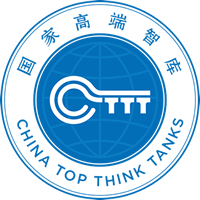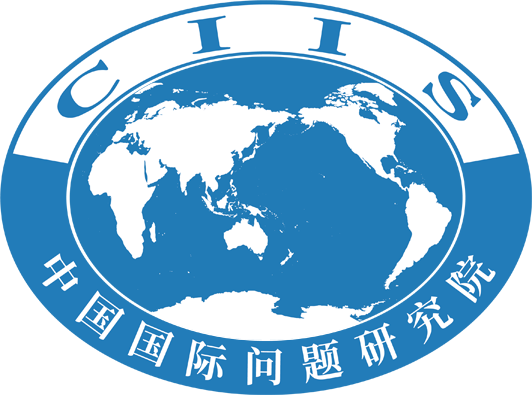Conducting Chinese Diplomacy Under New Circumstances
Yang Jiechi 4
The year 2013 will be the first year in the implementation of the spirit of the 18th Party Congress. We should fully understand the new thoughts, new ideas and new judgments put forward in the Report to the Congress concerning China’s external work while continuously striving to improve diplomatic theories and practices with Chinese characteristics and doing a better job under new circumstances.
New Values for New International Norms
Yan Xuetong 15
The UN Charter and most international norms formulated under U.S. dominance since the 20th century are based on American values of “equality, democracy and freedom”. As a rising power in the era of globalization, China should draw upon its traditional political thoughts in promoting the values system of fairness, justice and civility and shaping the new-type international norms.
Arctic Issues and China’s Stance
Tang Guoqiang 29
The Arctic has abundant resources and important values in scientific research, transportation and military affairs. On Arctic affairs, the Arctic countries are cooperative and competitive to each other while taking acceptable as well as cautious attitudes to non-Arctic countries’ participation. China wishes to strengthen mutually beneficial cooperation on Arctic-related issues with various parties.
Geo-religion and China’s Strategies
Xu Yihua & Zou Lei 49
The intertwining and extensive interactions between geopolitical, international economic and geo-religious factors have become the major features of geoborderilogy in the 21st century. The essence of geo-religion lies in the discursive power and the power of persuasion to influence popular views. With the globalization of China’s national interests and the comprehensive implementation of China’s “go global” strategy, religion should play its due role in China’s global foreign strategies.
Shale and Changing U.S. Climate Policy
Yuan Jian 66
According to the author, the shale gas revolution could increase, rather than reduce, U.S. total emissions of carbon dioxide. This change threatens to divert attention from the urgency of climate change, and it will likely change the domestic policy environment of the country’s climate policy. As the shale gas revolution is still taking place, a more in-depth study of its impact is needed.
The EU’s Foreign Policy Under Debt Crisis
Xu Longdi & Sun Youjin 84
Under the impact of the sovereign debt crisis the European Union pays less attention to its foreign policy and the Common Foreign Policy tends to be “renationalized”; the EU is again embracing “geo-economics” with an enhanced tendency of highlighting economic ties and trade in its external relations; EU countries have greatly cut their defence expenditures, making it more difficult to implement the EU’s Common Security and Defence Policy (CSDP) in future. The author holds that the prospects of economic growth in the Eurozone countries, European integration under the pressure of structural changes in international relations, and competition and collaboration in a multiple structure of foreign policy establishments are combined to shape the EU’s foreign policy in the coming years.
Japanese Policies towards China: Changeability and Stability
Xie Xiaodong 104
The implementation of Japanese post-war policies towards China has been through a gradually shifting process, chronologically going from policies of anti-China sentiment, friendly cooperation and a combination of caution and cooperation. Under the context of these adjusting policies towards China, both the national political environment and the American power of discourse have both significantly affected Japanese authorities. At the same time, common economic interest and caution concerning China’s competitiveness have always been a stable consideration.
Uzbekistan and the CSTO : A Tumultuous Ride
Zeng Xianghong 123
Uzbekistan’s decision to leave the CSTO in mid-2012 took the international community by surprise. In the following paper, the author will examine the multifarious implications of Uzbekistan’s suspension of its CSTO membership, primarily focusing on regional security impacts as well as evident links between Uzbekistan’s decision and increasing U.S.-Russian competition in Central Asia.
World Economy: Slowing Down Across the Board
Jiang Yuechun 142
At present, as Western economies slow down in a synchronized manner, emerging economies are also being confronted with difficulties. The direction of the world economy will primarily be determined by whether the U.S. “fiscal cliff” can be addressed smoothly and whether the sovereignty debt crisis can be effectively controlled in the short-term. In the long-term the direction of the world economy will depend on whether a new technological revolution will make breakthrough achievements.



